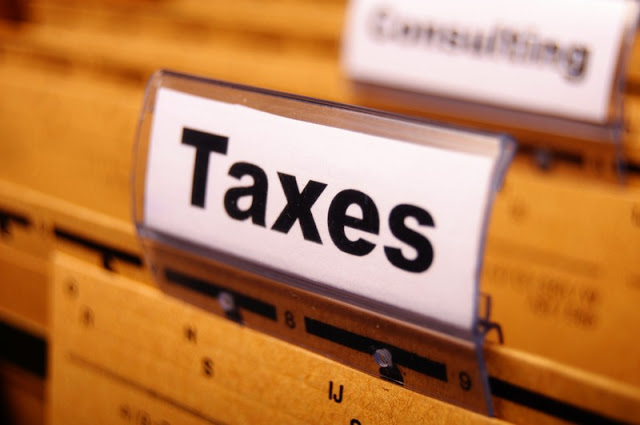Financial analysts have urged the Federal Government of Nigeria to broaden the tax net to boost revenue and reduce the country’s rising debt profile.
Sheriffdeen Tella, a Professor of Economics at the Olabisi Onabanjo University Ago-Iwoye, Ogun, said the Federal Government should broaden the tax net to improve its revenue and reduce new borrowings.
“The authorities should deploy technology so as to ensure that eligible Nigerians do not evade taxes particularly the elite.
“The payment of taxes is quite crucial to meet government statutory obligations to the people for the public good,” Tella said.
He suggested that the Federal Government should sell the country’s moribund assets to raise revenue and reduce the urge to borrow to meet its obligations.
He added that the political class must cut down the cost of governance to reflect the times.
“ Our political office holders must see the need to reduce the high cost of governance because the pandemic has led to a drop in government revenue.
“ The country’s economy is yet fragile and our office holders must live within the current economic realities,” Tella said.
Also speaking, Dr Titus Okunrounmu, a former Director, Budgeting Department of the Central Bank of Nigeria (CBN), said the Federal Government should manage its debt exposure by strengthening its diversification drive.
“ More emphasis ought to be given to the mining sector, among others to contribute adequately to government earnings.
“The sector should be enhanced through private investment to change the revenue position of the country,” Okunrounmu said.
The World Bank listed Nigeria among the top 10 countries with high debt risk exposures.
It stated this in the financial statement for International Development Association (IDA), which was among the World Bank Fiscal Year 21 audited financial statements released on Monday.
The financial statement said, “IDA faces two types of credit risk: country credit risk and counterparty credit risk.
“Country credit risk is the risk of loss due to a country not meeting its contractual obligations; and counterparty credit risk is the risk of loss attributable to a counterparty not honoring its contractual obligations.
“IDA is exposed to commercial as well as non-commercial counterparty credit risk.”
Nigeria was rated fifth on the list with $11.7bn IDA debt stock, while India led the list with $22bn IDA debt stock, followed by Bangladesh with $18.1bn IDA debt stock, Pakistan with $16.4bn IDA debt stock, and Vietnam with $14.1bn IDA debt stock.
But the Debt Management Office (DMO), in a swift reaction, flayed media reports listing Nigeria as a “high-debt risk nation.”
The agency said such publications claiming that the classification came from the IDA Audited Financial Statement for the Fiscal Year 2021 (July 1, 2020 – June 30, 2021) were a misinterpretation of the report.
DMO stated: “The World Bank’s report was an assessment of the performance of IDA and not the performance of the IDA loans nor the debt repayment capacity of the beneficiaries of IDA loans.”
Nigeria counselled on broadening tax net to reduce borrowings
RELATED ARTICLES




